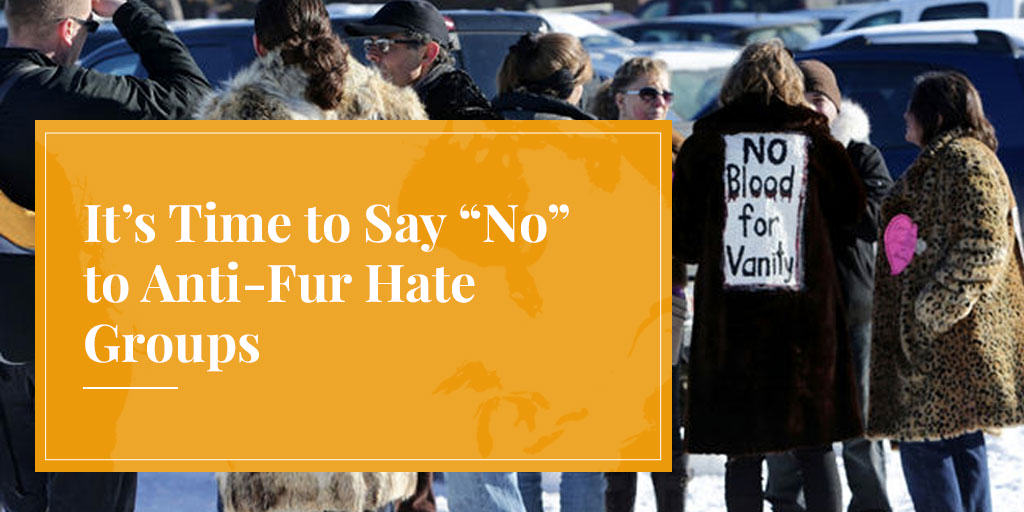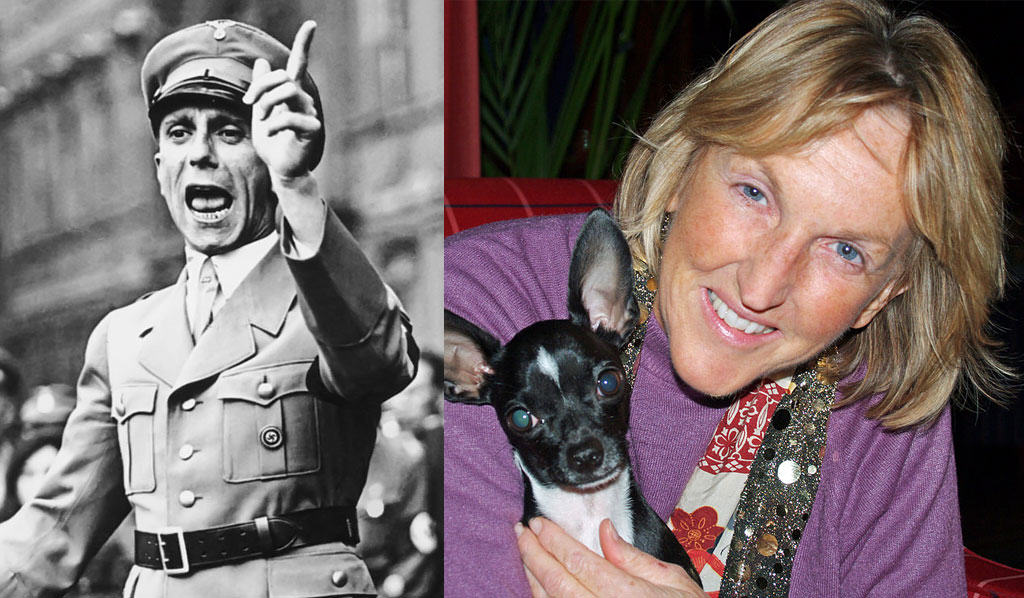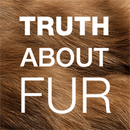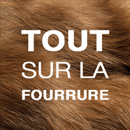It’s Time to Say “No” to Anti-Fur Hate Groups
by Alan Herscovici, Senior Researcher, Truth About FurNow that recent actions by White Supremacists and Neo-Nazis have sparked discussion about the importance of tolerance in a modern,…
Read More

Now that recent actions by White Supremacists and Neo-Nazis have sparked discussion about the importance of tolerance in a modern, multi-cultural society, perhaps it is time to denounce another type of increasingly aggressive hate group: animal-rights extremists.
I can hear animal activists choking on their tofu stir-fry, but the facts speak for themselves: their campaigns – like those of other hate groups – almost always involve a direct attack on the rights, reputation and livelihoods of other people.
Hate groups are usually defined as organizations that promote discrimination against specific groups of people based on their race, religion, gender or sexual orientation. It’s time we added "employment" to that list.
Think about it: animal activists are not satisfied with expressing their opinions or exercising their right to wear cotton, hemp and synthetics, rather than fur or other animal products. Instead, they seek to impose their views on everyone.
While they call for compassion, they often seem to be driven more by anger and hatred of people who don’t share their views.

They use sensationalist and misleading videos of dubious origin to smear the entire fur industry and everyone associated with it – the same sort of tactics employed by other hate groups. The Nazis, of course, pioneered the use of staged films to fan hatred against Jews and others.
And if propaganda doesn’t work, animal extremists – like other hate groups – aren’t shy to employ intimidation. Despite decades of misleading activist campaigning, fur is now being sold in a wider range of stores than ever, in designer collections, as trim on outerwear, in fashion accessories. If consumers agreed with the activists’ condemnation of fur, stores wouldn’t be selling it. But animal extremists do not think that consumers and retailers have a right to make such decisions for themselves.
Their response is rowdier demonstrations. Fur-wearing consumers are harangued as they enter or leave stores; they are followed down the street by angry activists. Stores are warned that the demos won’t stop until they drop fur from their offerings. Under cover of darkness, store windows are broken and locks are glued. So much for the respectful exchange of views.

The animal extremist message is clear: "Do as we say, or face the consequences." Like a mafia protection racket. Or a chilling echo of the threats and intimidation used against businesses that resisted segregationist thugs in the early days of the US Civil Rights Movement.
Elevating Animals, Degrading People
The aggressiveness of animal-extremists is fueled by their fundamentalist “animal-rights” philosophy. If you believe that killing a mink (or a cow, pig or chicken) is the moral equivalent of killing a fellow human, it is easy to justify the most radical of actions.
SEE ALSO: Why Animal Rights Activists Are Becoming More Aggressive
Unfortunately, rather than elevating the moral status of animals, such beliefs easily lead to the degradation of other people. Once again, the Nazis provide a stark warning: not only were Hitler and several of his top henchmen vegetarians, but the Third Reich was the only national government in history to implement a complete ban on the use of animals in medical research. Dr. Josef Mengele used Jews instead for his cruel experiments.
In fact, most people in our society accept the responsible use animals for food, clothing, and other purposes. As designer Karl Lagerfeld has said about activists protesting his use of fur: “For me, as long as people eat meat and wear leather, I don't get the message.”
We have shown in a previous article, "Why fur is the ethical clothing choice", that the modern fur trade fully satisfies the four criteria required for most people to accept the use of animals as ethical. The wild-fur trade is well regulated and sustainable. Research and standards promote animal welfare for both wild and farmed fur-bearers. Fur animals are fully utilized with minimal waste. And the fur trade supports rural and remote communities while providing a valuable and long-lasting natural clothing material.
I know that most "animal-rights" advocates will be shocked at being labelled as hate mongers; they will claim that they are promoting justice, not discrimination. But every hate group claims to be promoting justice for their own particular cause. Having a cause does not justify attacking the reputations and livelihoods of people who do not share your beliefs.
It is time that the people of the fur trade were recognized for their knowledge and skills in maintaining this remarkable heritage industry, and for developing one of the most responsible and sustainable animal-use industries in the world.
And it is time for the media, political leaders, and the general public to take a much harder look at the misguided and irresponsible actions of animal extremists – and to say "no" to hate groups of all stripes.







